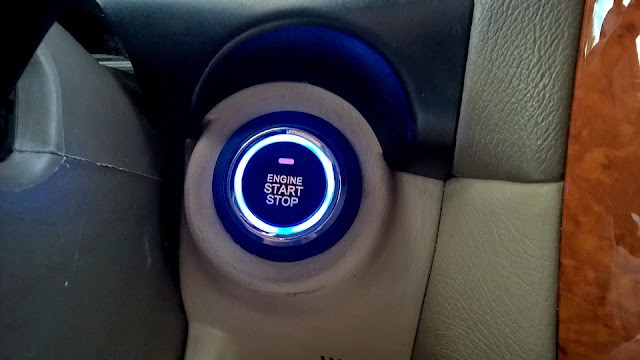Large Volume Parenteral Are Sterilized Aqueous Drug Products, Which Are Designed For Intravenous Delivery Applications
Large-volume parenteral preparations are aqueous solutions for infusion into the body. These solutions are usually sold in quantities of one hundred milliliters or more. Large-volume parenterals are commonly used for correcting fluid, electrolyte, or nutritional imbalance. Some examples of LVPs include sodium chloride, dextrose, ringer's solution, and amino acid solutions.
Large-volume parenteral
preparations can be single or multiple-dose solutions that are designed for a
single or multi-dose administration. These preparations may be pyrogen-free or
contain one or more active ingredients. The most important factors to consider while
purchasing a parenteral preparation are safety and efficacy and they should
fulfil all ICH guidelines and should also be sterile.
Terminal sterilization is a
critical part of parenteral product manufacturing and is the preferred method
for biologics. Preparation of parenteral products must meet specific sterility
standards in order to be used for human patients. Sterile products are
manufactured by sterilizing them to eliminate all microbial contamination and
maintain high-quality standards. The process of sterilization involves several
steps, including preparation of solutions for Large
Volume Parenteral in a Grade C, A, or B environment. During the
filtration process, the filter must be validated for its integrity using
appropriate methods, such as diffusive flow, bubble point, and pressure hold
tests.
Terminal sterilization is important
for medical devices, such as large volume parenterals. Sterilization is
performed at the end of the manufacturing process and eliminates pathogens that
may cause adverse effects. The method used should follow rigorous guidelines to
minimize the possibility of contamination and ensure the sterility of the
end-product. The process should also eliminate any residual contamination that
may contaminate the products.
Large volume parenterals are fluid
solutions that are administered by the intravenous route. Their concentration
is greater than 100 milliliters and they are used for nutrition, correction of
electrolyte and fluid balance, and the administration of other drugs. The
demand for parenterals is continuously growing due to the increasing prevalence
of chronic diseases.
Sodium is an osmotically active
cation that helps regulate the extracellular fluid volume and the membrane
potential of cells. It is exchanged with potassium across cell membranes as
part of active transport. The most common electrolyte disorder is hyponatremia,
which is characterized by a serum sodium level lower than 135 mmol/L. The
symptoms of hyponatremia include tachypnea and hypernatremia. Sodium excess can
lead to serious complications, including cerebral edema and osmotic
demylination syndrome.
According to the World Health Organization,
40 million people require palliative care each year, nearly 70% of these
individuals are residing in low and middle-income countries. Moreover,
approximately 15% of these people actually receive care. Large volume
parenteral is an essential component of pre and postoperative care.
The goal of parenteral nutrition is
to provide basic nutrients that are needed for active tissue growth and
synthesis in patients. Usually, patients receive these nutrients in the hospital
via enteral routes such as nasogastric tube, feeding gastrostomy, or needle-catheter
jejunostomy. Patients that are not hospitalized meet the nutritional needs in
many other ways.
There has been an increase in awareness
about the importance of this treatment method. The prevalence of diseases that
affect the gastrointestinal tract has increased. These patients require a
continuous intake of nutrition to fight cancer and other related illnesses. The
parenteral route helps deliver an accurate dose of medication, since the drugs
bypass the gastrointestinal tract.




Comments
Post a Comment